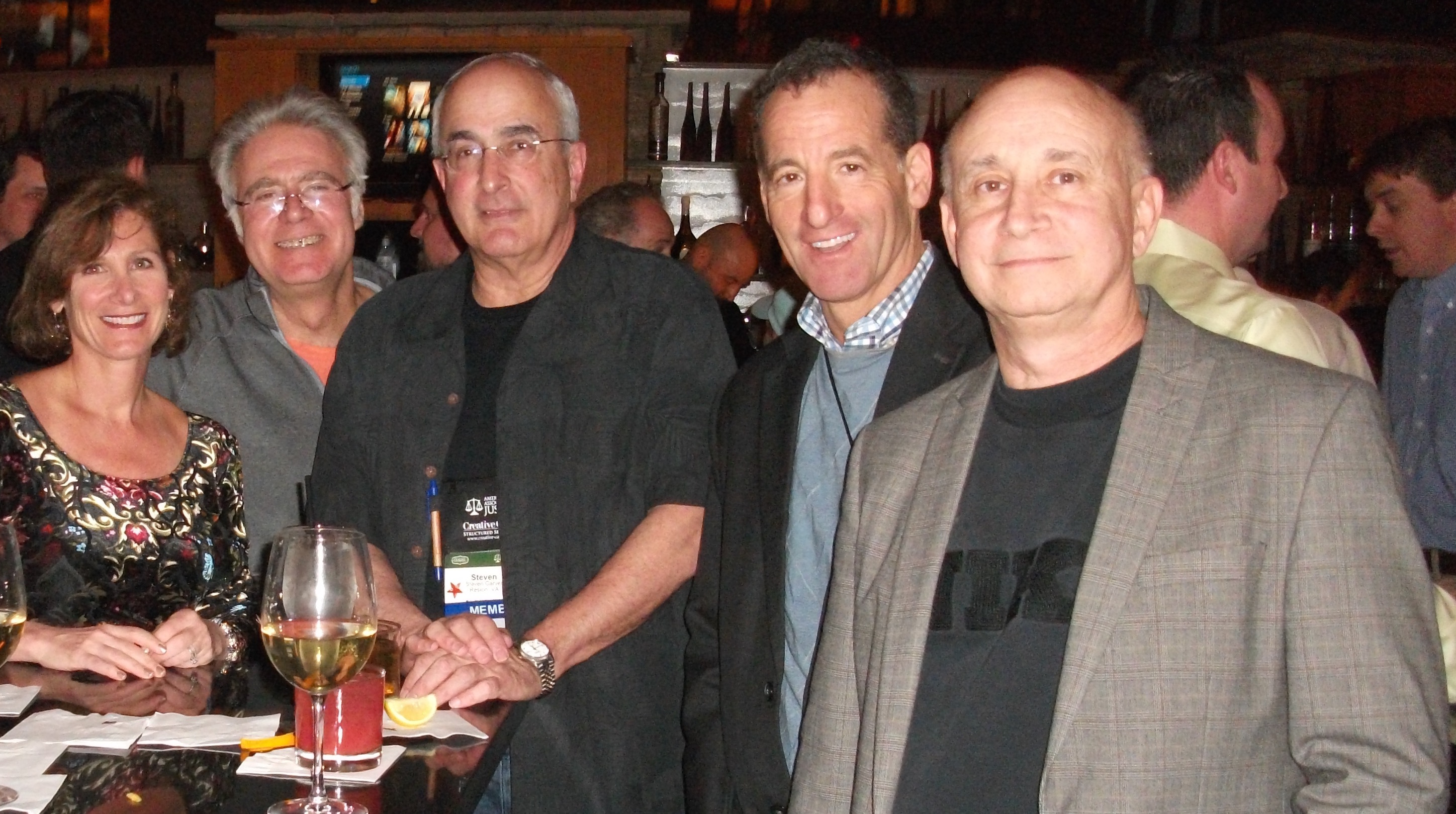
Nurse Loses Workers Comp Case Because of VWC “Blue Letter” Notification and Statute of Limitations

Where injured workers receive a “blue letter” from the Virginia Workers Compensation Commission (“VWC”), notifying them that their claim has been reported to the VWC and giving them a booklet describing their rights under the law, they cannot maintain their injury claim after the 2 year time limit has run.
A case report in the Virginia Lawyers Weekly newspaper examines how a timely ‘Blue Letter’ from the VWC can act as a legal bar to an otherwise meritorious workers comp claim. In the case of Williams-Davisdon v. INOVA Fairfax Hospital, the Court of Appeals affirmed the Commission’s denial of benefits to a nurse who received a “blue letter” notifying her of the deadline to file a claim within 17 days. The appellate court found that this notice was timely even if close to the expiration of the two-year statute of limitations. Because of this finding, the court held that the nurse’s claim filed after deadline was barred.
“Waiting until the last minute is never a good idea in permanent disability cases,” notes Herndon injury lawyer Doug Landau. “When potential clients come to our office after the time for bringing their cases has run, it is never a happy meeting.”
The facts of the case that was reported are straightforward.
- She works as a nurse for employer hospital.
- She injured both knees in a covered accident in September 2006.
- The employee was treated at employer’s emergency room and was not billed.
- The employer completed an accident report within a week but did not file it with the commission until August 2008.
- In October 2006, employer filed a Form 45A minor medical report and the Commission sent the employee an explanatory red guide with notice of the two-year statute of limitations.
- Seventeen days before the expiration of the applicable two-year statute of limitations, the Commission sent the injured employee a “blue letter” notifying her of the claim filing deadline “Two years from the date of your accident” with a warning that voluntary payments would not affect the deadline.
- In 2009, employee was asked to pay $1,300 for injections received without billing in 2008.
- Employee was sent a second “blue letter” in early 2009, after the filing deadline.
- Employee filed claims in July and August 2009 stating she was unaware of the time limits.
A Deputy Commissioner found employee’s claim time barred.
The Commission reversed and remanded on the basis that employer’s first report was untimely. On employer’s motion, the Commission reconsidered and determined the bar of the statute of limitations did apply based on employee receiving the commission’s red guide.
On appeal, employee disputes the Commission’s application of the two-year statute of limitations in Virginia Code § 65.2-601 and tolling provision in § 65.2-602. The Virginia Court of Appeals affirmed the decision against this nurse.
The plain language of Code § 65.2-602 negates prejudice to the employee required for tolling if the employee receives the Commission’s guide or substantially similar notice before the statute of limitations expires.
The appellate court found that the employee received the Commission’s blue letter notice 17 days before the deadline. Her claim filed after the statutory deadline was therefore time barred.
